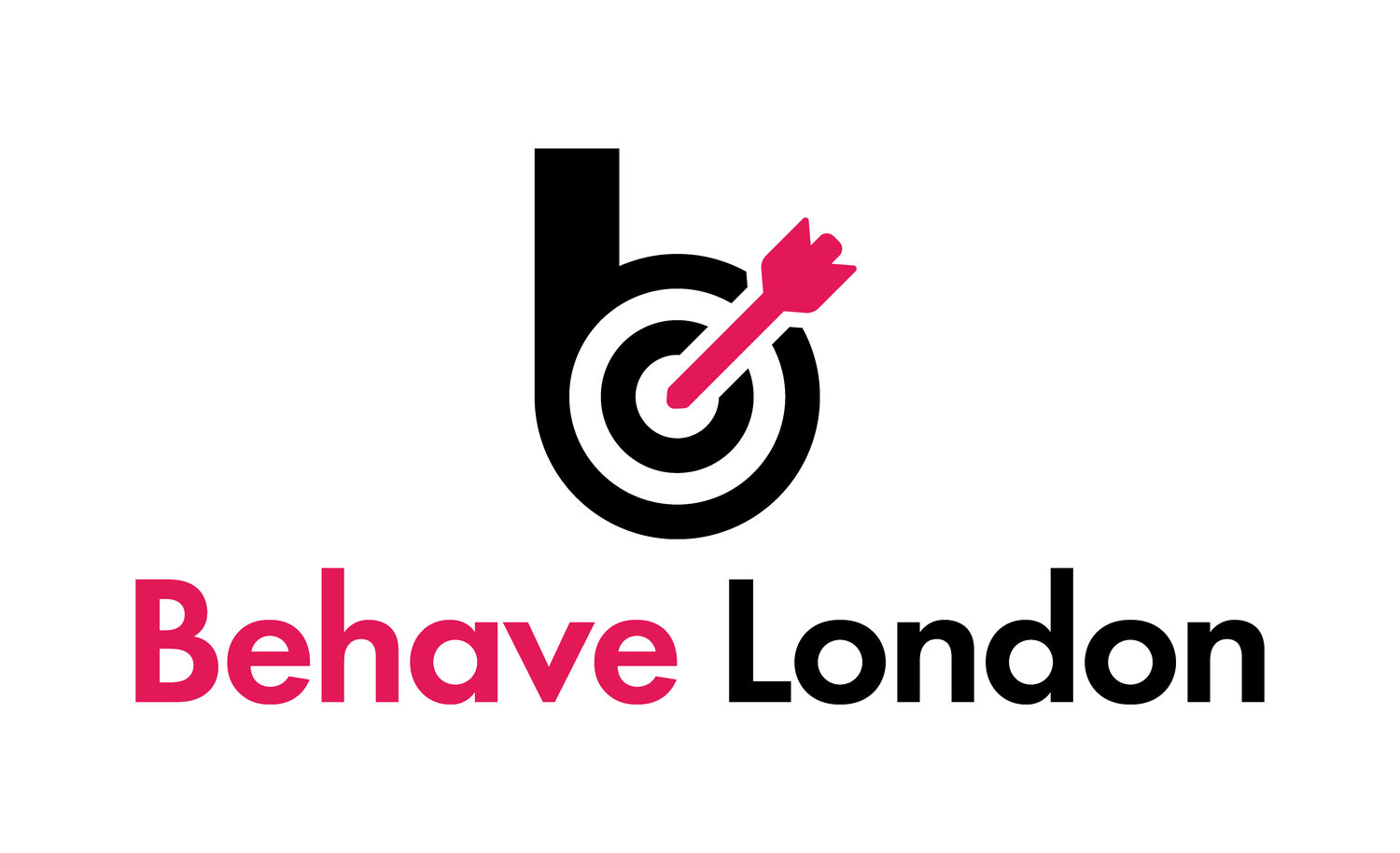Do you think it’s obvious? Does your customer?
My older sister had gone to Edinburgh to judge a dog show. Lulu and I are very different, apart from the headline family trait of being utterly obstinate.
Lulu is a riding instructor. She also judges dogs. Her life is all wellies and waxed-jackets and mud and fur. She left home at 16 to live at a stables. She’s been married for 20 years to a lovely bloke. She had a house at 23. She’s utterly wilful, kickass. AND FRIGHTENINGLY ORGANISED. I always think of her having it totally together.
My life has been more one of white shirts, lipstick, and wine bars. I generally try to avoid mud.
Knowing Lulu is up in Edinburgh, a place I Iove, (which incidentally has the best soup and sandwich ever, and a chocolate brownie so good I’m glad it’s the other end of the country), I text her to see how its going. She says:
“I’ve been at the airport 3 hours and I’ve just missed my plane!”
WHAT. THE.
“I’ve had to buy another ticket and my flight doesn’t leave for 2 hours”.
I’m left mystified until I speak to her.
It turns out at the age of 46 my sister has never flown alone before. Never.
Well, apart from the flight up to Edinburgh.
She didn’t know that you’re supposed to be at the boarding gate at least 30 minutes before a flight. Being organised, she’s read every single note that came with the ticket and tells me
“Nowhere does it tell you that you need to be at the boarding gate early. Nowhere.”
Having only ever been to an airport with someone else, she’d always –unknowingly- been steered by them. And by some fluke, on the way up to Edinburgh from London she’d wandered up to the gate 10 minutes before the flight and although she had been the very last person to board the plane, she hadn’t thought much of it. She didn’t know to look at the screens to check for boarding. And although, at the check-in in Edinburgh, they had drawn a big fat circle around her boarding time on her ticket and wordlessly handed it across – she hadn’t looked at it. She didn’t know that she was supposed to. She just popped it in her pocket to keep it safe.
The person who checked her in at Virgin in London didn’t tell her.
Neither did the Virgin check-in at Edinburgh.
Probably assuming that a woman in her mid forties travelling alone knew the drill. Didn’t want to bore her. Or maybe that’s just how Virgin does it.
It’s this level of assumption we make when talking to customers. That they know what we’re talking about. That they know the drill. And the thing is, not all of them do. The ones who need it the most really, really don’t.
It made me think about my own project (looking at pension communication). I’ve waded through pages awash with jargon, and then a brain-stumping glossary of how to decode it. Instructions lost in a sea of legal buttock-covering. Big points missed. Big words, highlighted in big coloured boxes, but with no meaning for the reader. Vital information hidden in plain sight – the equivalent of circling a boarding time, but never explaining why it’s important, or what it means to the person looking at it.
When Lulu arrived at the gate 10 minutes before the plane was due to fly she didn’t understand why they wouldn’t let her on. Because to her, plane times are like train times – 4pm is 4pm, surely, not 3.30pm. I CAN SEE THE PLANE she said I CAN SEE IT RIGHT THERE.
Clarity does more than help your reader, it sells. You owe it to your audience. Stories help illustrate points. Brevity helps the human brain retain points. Making points clear, well, helps make points. Repetition can be tiring but it also helps to drill those pointy-points into your brain.
Lulu checked in for her re-booked flight with a different airline.
She’d spent several hours in the confines of Edinburgh airport, and was livid that Virgin had refused to let her on the plane (despite the fact it was a whole 10 minutes before take off. Sheesh.).
The BA check-in lady circled the boarding time on Lulu’s ticket. As the lady handed it to Lulu she said “I’ve circled the time you need to be at your boarding gate, so that you don’t miss your flight”. (ouch)











